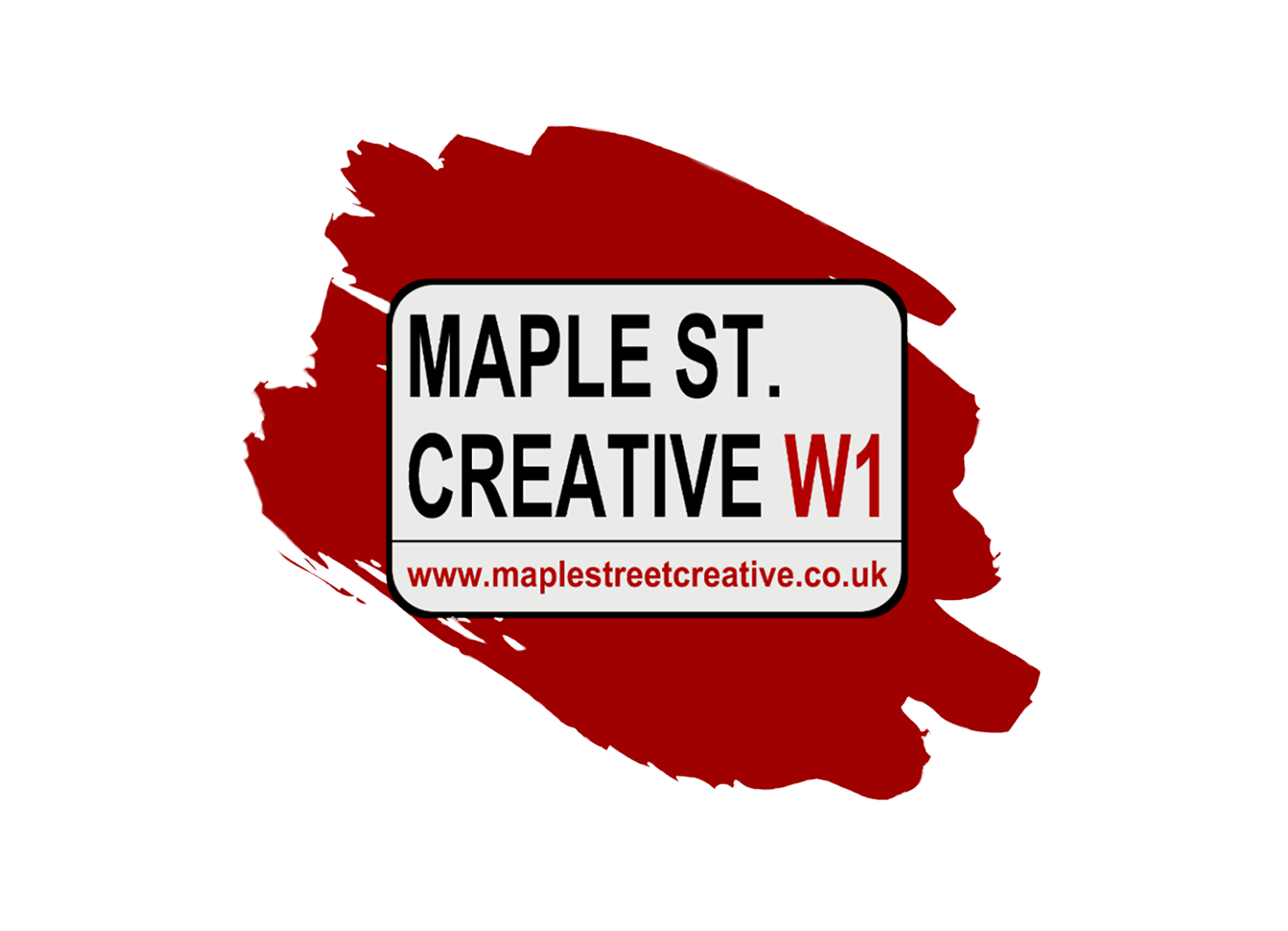Whether it’s a radio commercial, video voiceover, podcast intro, or any other piece of audio that makes up your company’s branding; the voice you use can be a hugely important factor.
Tone
The first factors I like to consider are the emotions and other descriptors you like to associate with your brand. The terms, ‘exciting, upbeat, and vibrant’ have very different connotations to ‘trustworthy, steadfast, and secure’.
Is the rest of your branding friendly and relatable, warm and comforting, or cool and authoritative? Many of these characterisations can be used to start off a voiceover search to find the talent that can embody these emotions.
Gender
In a 2010 Adweek/Harris poll, respondents described a female voice as more soothing (46%), and male voices as being more forceful (48%) – though these figures should be taken with a grain of salt, as roughly the same amount say that neither voice is more forceful nor soothing.
To make matters more confusing, in the same survey, 64 percent of respondents said that the voice’s gender makes no difference in persuasiveness. So, whether you use a male or female voiceover, it’s possibly more essential to consider the other elements that can help capture your brand characteristics, and ultimately shape your message into something relatable and persuasive to your target audience.
Accents
The remarkable diversity in accents across the United Kingdom alone is mirrored in the voiceover industry. Regionality in voiceover artists can also help reflect your brand and relate to your audience.
Do you want a local accent for your local business? Or localised accents for your different branches? A 2009 study commissioned by the Central Office of Information (COI), the agency that used to control the government’s annual advertising budget, found responses that can be quite varying. Residents in Tyneside and Manchester preferred voiceover artists speaking in local accents, while those in the West Midlands and Bristol are more likely to pay attention to the commercial when the voiceover artist is using ‘received pronunciation’, the Queen’s English.
Age
Who is the audience that your chosen voice will be speaking to? Age and position in life can affect how the chosen audience relates to commercials.
A younger audience such as university students may respond better when hearing a youthful, energetic read. An older and more established audience may find a calmer, deeper voice more favourable. A gritty-voiced older man mightn’t suit an advertisement for a children’s book, while a bubbly higher-pitched presenter probably wouldn’t work for a retirement village. That being said, subverting expectations might BE your brand, and the unconventional could work really well for you!
With some, or all of these factors in mind, that’s a great start, and if we’re helping you search for your perfect voice, where we usually start ourselves. A lot of the relevant factors are listed on our website, Maple Street Voices. Using these elements, we can generate a list of potential voiceover artists for you, so you can listen to their previous work, and have some idea of how they might sound presenting your brand or product.



